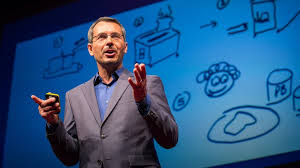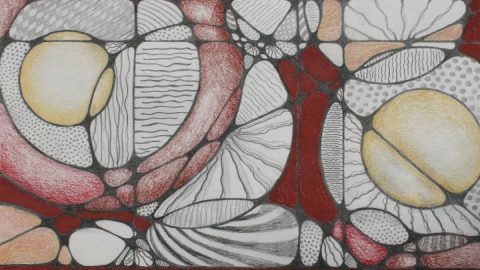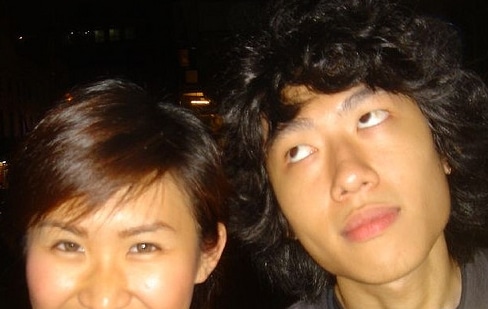Expectations and Happiness
It seems that our happiness can be measured in inverse proportion to our expectations.
I asked my Mother on her 80th birthday, which birthday was the best.
“This one,” she said.
“Tell me more,” I urged.
“My life has been so much better than I expected, and it keeps getting better,” was her answer.
I often think about her response and now in my 75th year I find it true for myself. I realize that the word happiness isn’t the best term for me. I rather prefer the word contentment. There is so much going on that I love to do, whether I am particularly happy or not.
A long time ago my spouse complained to my Mother about something I did or didn’t do. She looked him in the eye and said, “the problem as I see it, is that you expect too much.” He was startled by her response, yet, as he tells the story, it woke him up.
We are often taught to have high expectations of ourselves and others and as a consequence we are frequently disappointed. The reality of life is that we can’t do everything, be everything or have everything. The secret lies in having reasonable expectations and going after those. This doesn’t mean low standards, rather it means realistic standards. Especially when it comes to others.
The Scandinavians score high on the world happiness index year after year. The word that might best describe this phenomenon is not the popular hygge (a quality of coziness and comfortable conviviality that engenders a feeling of contentment or well-being) but lagom.
According to a recent article in SLATE, The Grim Secret to Nordic Happiness:
“…lagom, the Swedish and Norwegian term which can be translated as “just the right amount,” i.e., neither too much nor too little explains the cultural ingredient (of happiness). Similar to hygge in Denmark, lagom is frequently thought to capture the essence of Swedish culture—its embracement of modesty and rejection of excess—but, in reality, these values characterize the entire Nordic region, and most certainly Finland. In terms of expectations for a good life, lagom encourages contentment with life’s bare necessities. If you already have those, you have nothing to complain about. Ergo, you are happy.”
I wonder what your definition of happiness is.
Mine is having meaningful work to do, joyful moments, spending time with my family and friends both online and off, laughing, reading, writing, cycling, taking photographs, lending a hand, enjoying a good meal and a glass of wine, learning new things, the wonder of nature, music, beauty, an engaging conversation, walking, spotting and listening to birds, peonies, dogwoods, being by the ocean or a babbling brook, reading poetry, meeting new people, having my grandkids sleep over, taking the train to Montreal for the day, receiving and giving help and support when it is needed, and sharing all of the above with people whose company I love.
Good health and lots of money may appear to be the secret, yet both of those can disappear. I end up going with a favorite quote by John Tarrant. “We are born, and we die and in between we have the chance to keep each other company, which is the thing that counts the most.”
May you have many good surprises and joyful moments in the company of people you love.
Warmly, Trudy













